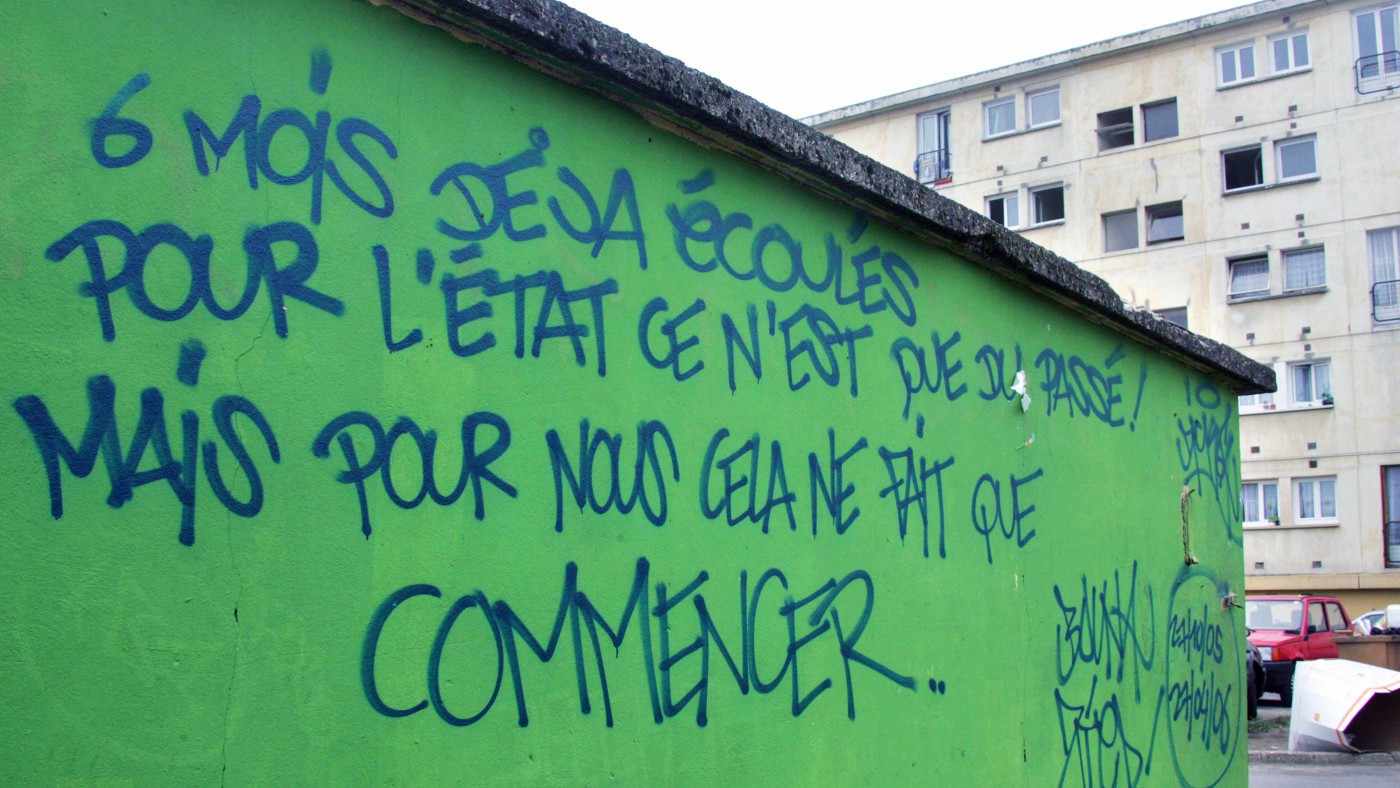The recent attacks in Paris against the well-known satirical weekly, Charlie Hebdo, and a Jewish grocery store have been qualified as “Islamic terror”. This seems to me an hasty qualification, confusing the ideological label used by the criminals themselves and who they really were. Above all, they were criminals and nothing more. To proclaim, as they did, that they were avenging Muhammad or the Palestinians was an attempt to grant to their crimes some higher purpose. The many Heads of States and government officials who have gathered in Paris to denounce radical Islam may have inadvertently granted these criminals a posthumous victory – they have been officially recognised as true fighters in a global war between Islam and Western values. This recognition will make them heroes among other disenfranchised and psychotic youngsters living in Western cities.
Actually, the three criminals were hardly Muslims, beyond what they learnt on the internet about the so-called Jihad, and what they probably heard from Anwar al-Awakli, who migrated to Yemen before being executed by US drone in 2011.
If any ideology should be related with the crimes in Paris, it seems to me that Nihilism would be more relevant. Of course, it would have been less rewarding for the Heads of States to march against Nihilism than radical Islam; it would have been less chic and warrior-like. Political leaders need to look greater than they really are. By directing people, anxiety and ire against an inscrutable enemy which happens to be everywhere and nowhere, Western politicians have avoided to look at their own responsiblities in this terrorist attack.
These criminals did not come out of the blue: they share a specific profile, similar to those involved in other terrorist attacks in London, Madrid and Brussels. They all happen to be poorly educated and unemployed immigrants or descendants of immigrants. Our politicians have ignored how masses of hoodlums have been nurtured in the most deprived parts of our cities. These have become easy prey for radical recruiters. In the past, the dispossessed, in search of a noble cause, could well have become anarchists or fascists, or even communists. Within the contemporary underclass, however, Islamic radicalism happens to be the latest fashionable ideology.
Hoodlums always existed and will always be among us: their number however has now increased to a critical and dangerous level. Immigration is less the cause of it than the policies, or absence of policies, to fully integrate the young immigrants’ children into society. First of all, it has been a tragic mistake to concentrate these populations in specific subsidized, for-rent public housing. Facilitating access to private property would have been a more successful road towards transforming immigrants into stockholders of conservative values.
Then, the lack of discipline which has become sort of an alternative pedagogy in our school systems, all over Europe, in order not to hurt foreign feelings, allows some to behave as if no rule is the new rule. The Paris terrorists’ biographies, all of them former convicts, demonstrates that our jails have become parallel schools where young inmates can become indoctrinated in radical Islam by fundamentalists. They remain in jail long enough to learn how to progress from petty crime to terrorism, but not long enough to be removed as a threat from society. Eventually, these children will never find a decent job and, as years go by, will become parents of a new generation of unemployed, disenfranchized candidates for violence and, ultimately, more prey for terrorist recruiters.
In the short run, better policing and infiltration of nascent terrorist cells are the best responses against terrorist crimes. But a longer-term policy would be to encourage access to private property, instead of public housing and ghettos. To improve discipline and the quality of education at schools would clearly help. Longer jail terms against petty crimes – a kind of zero-tolerance policy – would act as a strong deterrent. Liberalisation of the labour market would generate a vast quantity of new jobs, and while these will mostly be low-paid jobs in the service sector, it would open doors to immigrant children who believe they live in a racist society without opportunities for them.
The circumstances are ripe for Western leaders to admit their share of responsibility in terror attacks which are not perpetrated by foreigners. Terrorists are often European citizens who perceive themselves as second class. I do not see any alternative than law and order combined with popular capitalism as the way to full citizenship for everyone, whatever his or her skin colour or creed. Without private property for all, better schooling, and work opportunities which only popular capitalism can provide, we’ll be exposed to an increasing number of crimes, in the name of Islam or under any other fashionable label.


